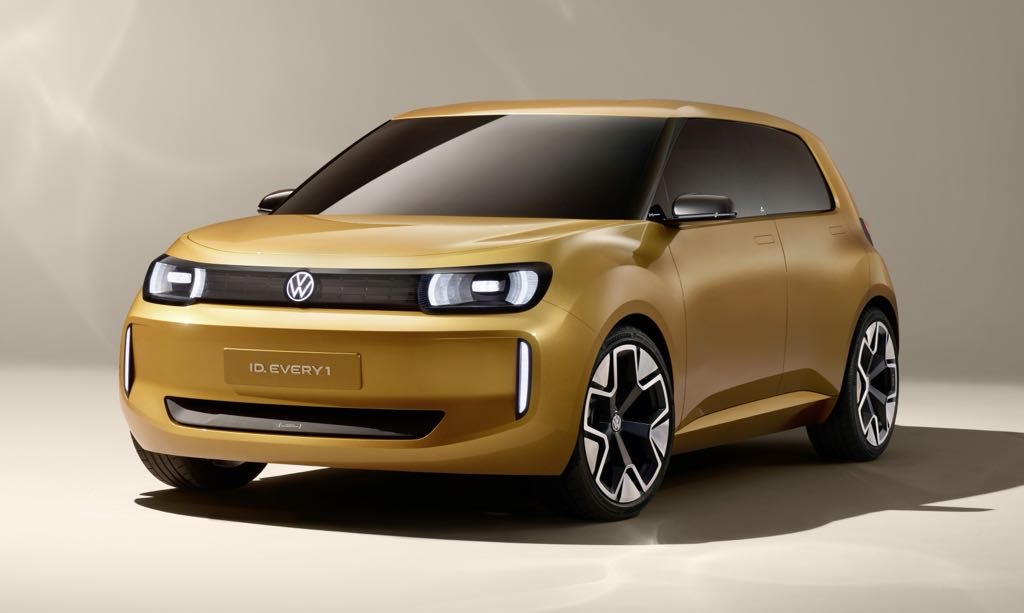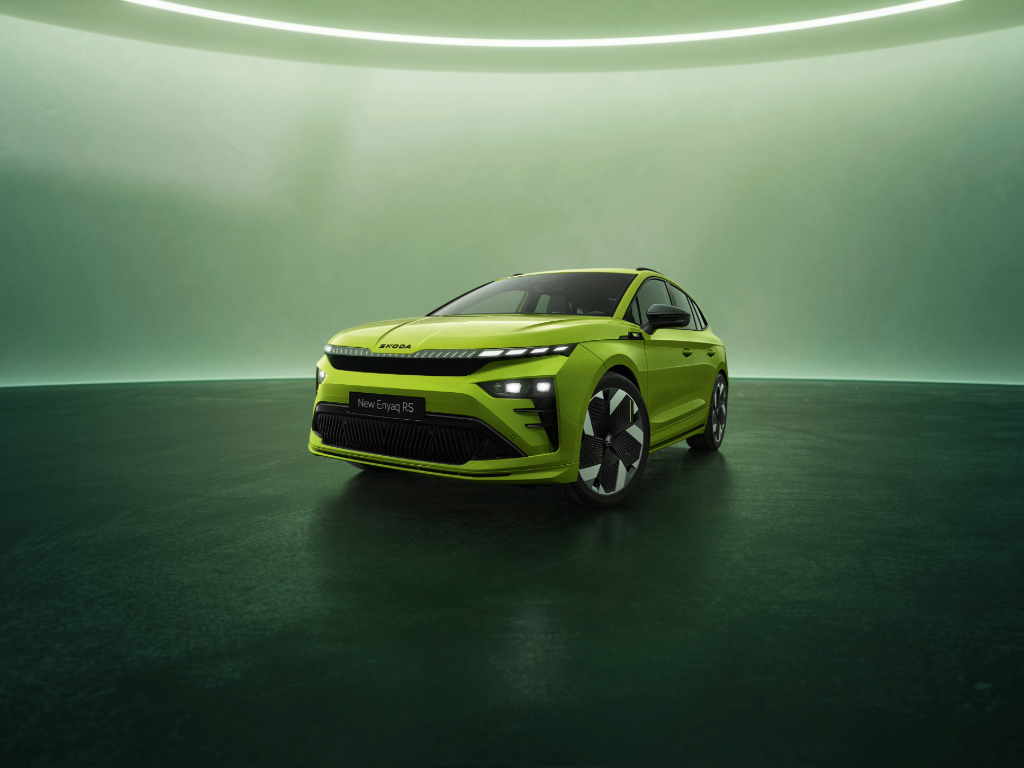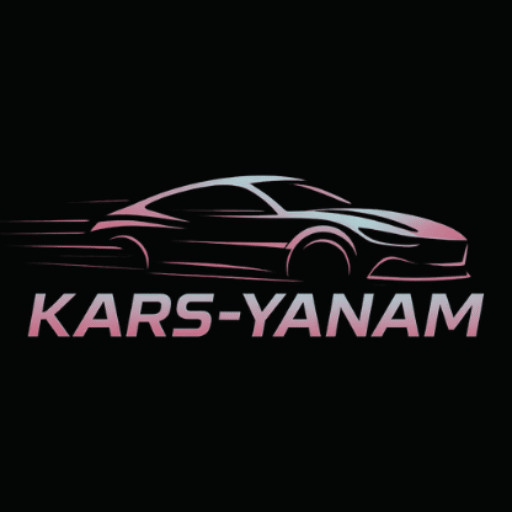

Skoda-Volkswagen Revises EV Plans For India, Citing Infrastructure & Market Challenges
July 9, 2025
0 Comments

Skoda Volkswagen adjusts EV targets for India, citing infra & market limitations
The electric vehicle landscape in India is evolving but the growth has not been as rapid or uniform as initially expected. While hybrid vehicle adoption is steadily increasing, EVs still face hurdles, leading automakers to recalibrate their strategies. Skoda Auto Volkswagen India is among the manufacturers realigning their electric mobility roadmap based on these market realities.
Jan Bureš, Executive Director for Sales, Marketing and Digital at Skoda Auto Volkswagen India, recently shed light on the company’s updated approach in an interaction with Mint. He emphasised that India is not entirely ready for mass EV adoption yet, highlighting the gaps in infrastructure, consumer readiness and overall ecosystem development.
Previously, Skoda Volkswagen aimed for a significant 30% EV market share in India by 2030. That target has now been revised to a more modest 18% penetration, which industry experts believe is more realistic. Independent market projections for small car EV penetration currently hover around 13-15%, further validating this recalibration.
Bureš explained that India’s charging infrastructure remains insufficient and the enthusiasm for EVs is not as widespread as anticipated. Most current EV buyers, he noted, are focused on cost savings rather than aspirational or premium electric models. According to him, true market scale will only be achievable when charging infrastructure matures, customer mindsets shift and competitive pricing becomes possible.
Despite these challenges, the Volkswagen Group is not stepping away from EV development. The company continues to test EV prototypes under the Skoda brand and remains committed to meeting upcoming Corporate Average Fuel Efficiency (CAFE) norms. Skoda Volkswagen’s first EVs for India are still in the pipeline, though the company appears to be placing stronger emphasis on the premium end of the market, aligning with its global positioning.
Bureš also commented on the group’s evolving stance on hybrid vehicles. Historically, Volkswagen has been hesitant to adopt hybrid technology. However, the company is now considering hybrid offerings to meet regulatory requirements. Bureš personally believes that hybrids, which combine electric motors with traditional engines, compromise on space and efficiency, suggesting he would prefer either a conventional internal combustion engine or a full EV.
India’s government is exploring potential incentives for hybrid vehicles, which could encourage broader adoption. However, this may inadvertently slow down investments in EV infrastructure, delaying the country’s overall transition to electric mobility. From a consumer perspective, hybrids offer practical benefits, such as reducing range anxiety and providing a smoother transition from petrol or diesel vehicles.
As the market evolves, manufacturers like Skoda Volkswagen are carefully navigating between regulatory pressures, consumer demands and infrastructure limitations to shape their mobility strategies for India.

The post Skoda-Volkswagen Revises EV Plans For India, Citing Infrastructure & Market Challenges appeared first on MotorBeam.
Add a comment Cancel reply
Related posts

September 11, 2025
Skoda Vision O Concept Unveiled At IAA, Showcases The Brand’s Future Design Language Skoda has unveiled the Vision...

Tata.ev Megacharger Hub Launched In Mumbai
Shubham Kumar
September 11, 2025
Tata.ev Megacharger Hub Unveiled, Will Serve Private EV Owners, Taxis, Ride-Hailing Fleets, and Logistics Operators Tata Power partnered...

Nissan Magnite Price Reduced Amid GST Reforms
Shubham Kumar
September 10, 2025
Nissan Magnite Price Reduced Amid GST Reforms, CVT Tekna Variant Price Reduced By Rs. 1 Lakh Nissan has...

MG To Reduce SUV Prices Amid GST Reforms
Shubham Kumar
September 10, 2025
MG Reduces Prices Of SUVs Amid GST Reforms, Gloster To Benefit Up To Rs. 3.04 Lakh MG has...
We are the best cars listing platform in india.




